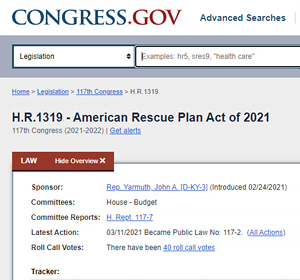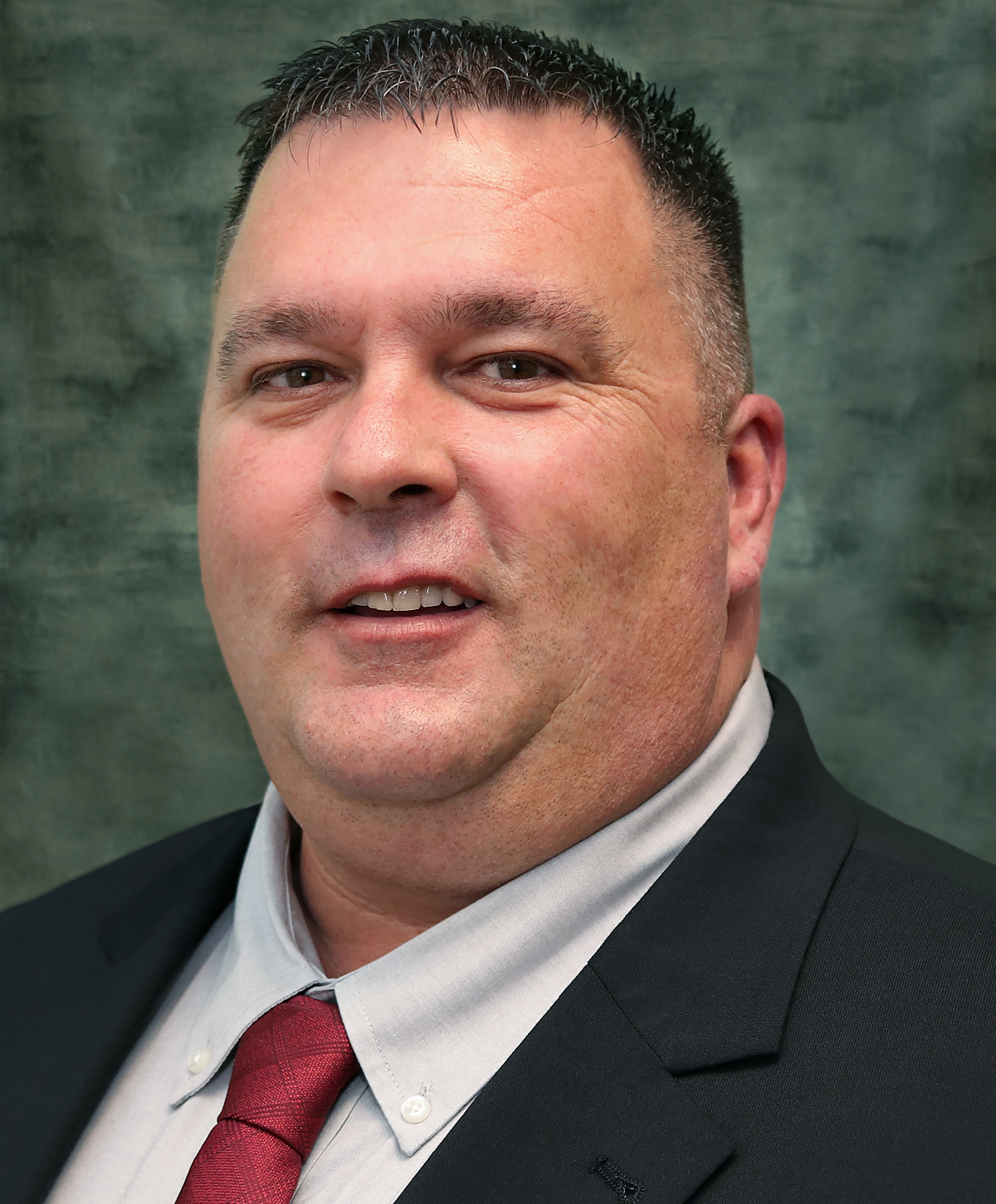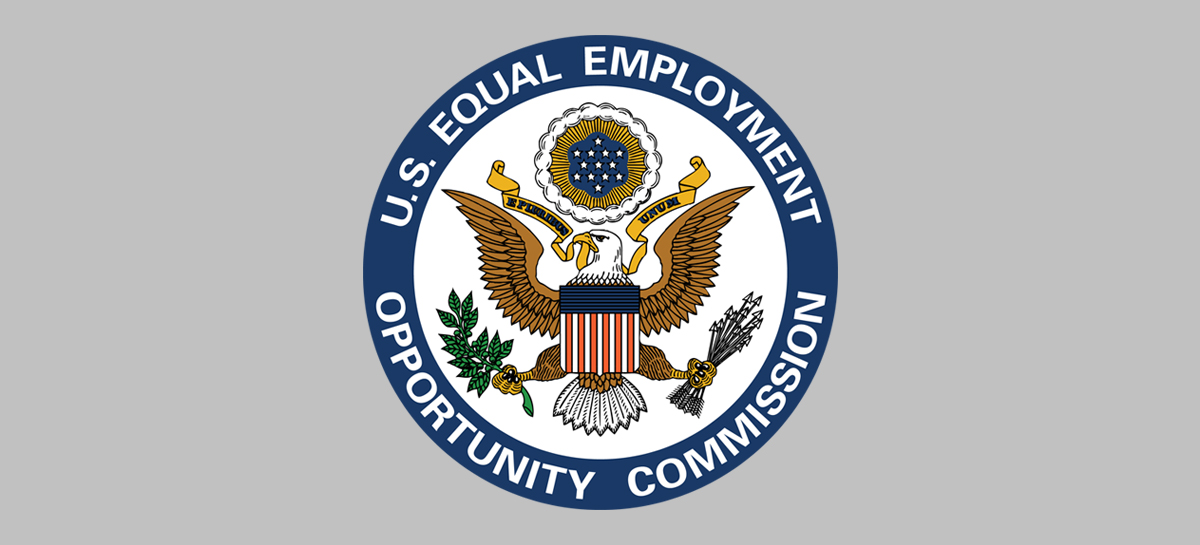Employment trends expert advises employers on how to handle hesitant employees
 With vaccines rolling out across the country and millions of Americans preparing for a post-COVID reality, research suggests that many people would rather continue working from home than returning to the office. A new ‘Return to Workplace Survey’ from Envoy has found that 66% of employees say that they fear for their health and safety, and nearly 48% say they would prefer a hybrid schedule in which they can continue to work from home a few days a week.
With vaccines rolling out across the country and millions of Americans preparing for a post-COVID reality, research suggests that many people would rather continue working from home than returning to the office. A new ‘Return to Workplace Survey’ from Envoy has found that 66% of employees say that they fear for their health and safety, and nearly 48% say they would prefer a hybrid schedule in which they can continue to work from home a few days a week.
But is the desire to continue working virtually rooted in a fear of the virus or is it a preference for flexibility and the ease of working at home?
“Previous Pew research from late 2020 found that 90 percent of people said they didn’t want to return to the workplace even after it was deemed safe to do so. So, I think employers need to prepare themselves for the reality that they are going to get a lot of pushback from employees about starting to go back to work in person,” says Rob Wilson, President of Employco USA and employment trends expert. “Even with the vaccines and other COVID safety measures in place, the reality is that many WFH employees have simply become accustomed to the lifestyle and don’t want to return to long commutes, business attire, and other obligations that come with working in person.”
Continue reading →
 President Biden’s ‘American Rescue Plan’ includes several key changes to employment-related categories. It’s crucial for employers to become educated about how these changes will impact their policies moving forward.
President Biden’s ‘American Rescue Plan’ includes several key changes to employment-related categories. It’s crucial for employers to become educated about how these changes will impact their policies moving forward. Josh Loudermilk, Loss Control Manager – Josh brings a highly coveted skill set to our team, combining years of loss control experience with a true passion for client service and care. Josh will be responsible for loss control, safety, and client services.
Josh Loudermilk, Loss Control Manager – Josh brings a highly coveted skill set to our team, combining years of loss control experience with a true passion for client service and care. Josh will be responsible for loss control, safety, and client services. A new study has found that nearly 50% of American workers are currently struggling with substance and alcohol abuse. The numbers illustrate the stark ways in which the pandemic has impacted the mental and physical health of Americans.
A new study has found that nearly 50% of American workers are currently struggling with substance and alcohol abuse. The numbers illustrate the stark ways in which the pandemic has impacted the mental and physical health of Americans. With vaccines rolling out across the country and millions of Americans preparing for a post-COVID reality, research suggests that many people would rather continue working from home than returning to the office. A new ‘Return to Workplace Survey’ from
With vaccines rolling out across the country and millions of Americans preparing for a post-COVID reality, research suggests that many people would rather continue working from home than returning to the office. A new ‘Return to Workplace Survey’ from 
